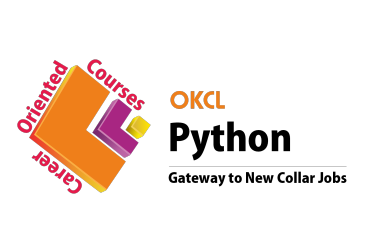
Course Description:
Embark on a comprehensive
journey through Python programming with our Python Basics and Advanced course. This
course is structured to take you from the very foundations of Python, making it perfect
for beginners, to advanced topics that are essential for high-level programming tasks.
Python’s clear syntax and robust community make it an excellent choice for web
development, data analysis, artificial intelligence, and more. You’ll start with basic
concepts and gradually move to complex applications, preparing you to tackle real-world
programming challenges.
What You Will Learn:
1. Python Basics: Cover the essentials such as Python syntax, variables, data types, and
basic operators. Understand how to write simple Python scripts and use conditional and
loop structures.
2. Functions and Modules: Learn how to organize code using functions and modules, making
your projects more modular and maintainable.
3. Data Handling: Explore handling various forms of data, including reading and writing
to files and interacting with databases.
4. Advanced Data Structures: Dive deeper into data structures like dictionaries, sets,
and lists comprehension for complex data manipulation.
5. Object-Oriented Programming (OOP): Master the OOP concepts in Python including
classes, inheritance, and polymorphism to build robust applications.
6. Exception Handling: Understand how to handle errors and exceptions in Python to write
reliable and fault-tolerant code.
7. Libraries and Frameworks: Get hands-on with powerful libraries such as Pandas for
data analysis and Flask for web development.
8. Advanced Topics: Tackle advanced Python topics like decorators, generators,
multithreading, and asynchronous programming.
Course Outcomes:
Upon completion of this course, students will be able to:
1. Develop Python Applications: Build and debug Python applications from scratch,
using a solid understanding of both basic and advanced Python features.
2. Apply Object-Oriented and Functional Programming Principles: Design and implement
scalable software solutions using advanced programming paradigms.
3. Leverage Python Libraries and Frameworks: Utilize Python’s extensive libraries to
perform data analysis, web development, and automate tasks efficiently.
4. Prepare for Specialized Fields: Equip yourself with the necessary skills to pursue
further studies or careers in data science, machine learning, or backend web
development.